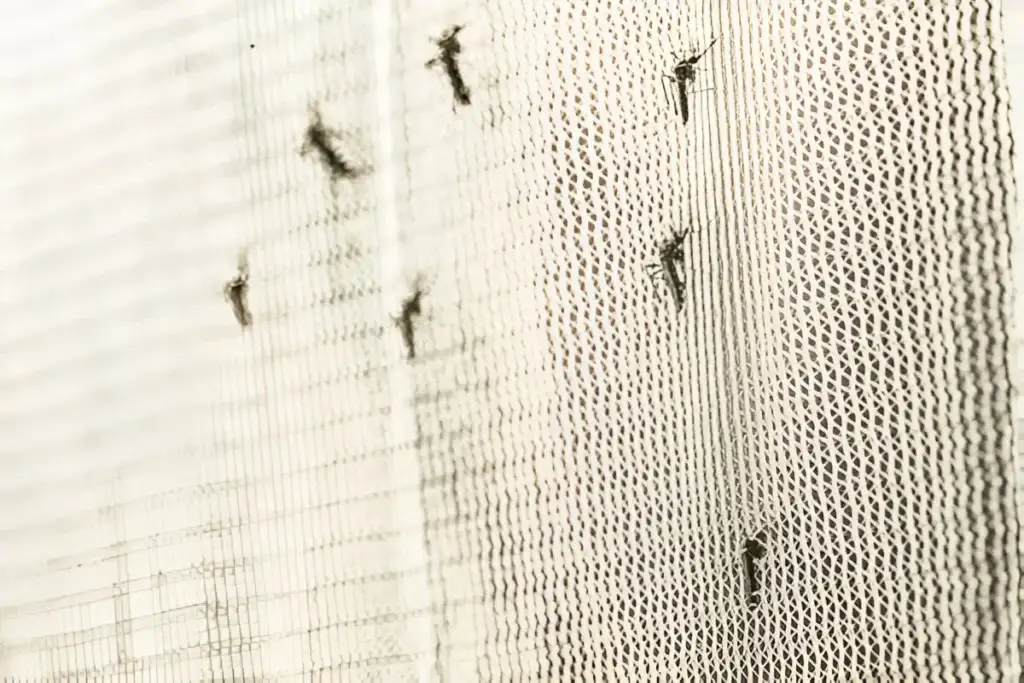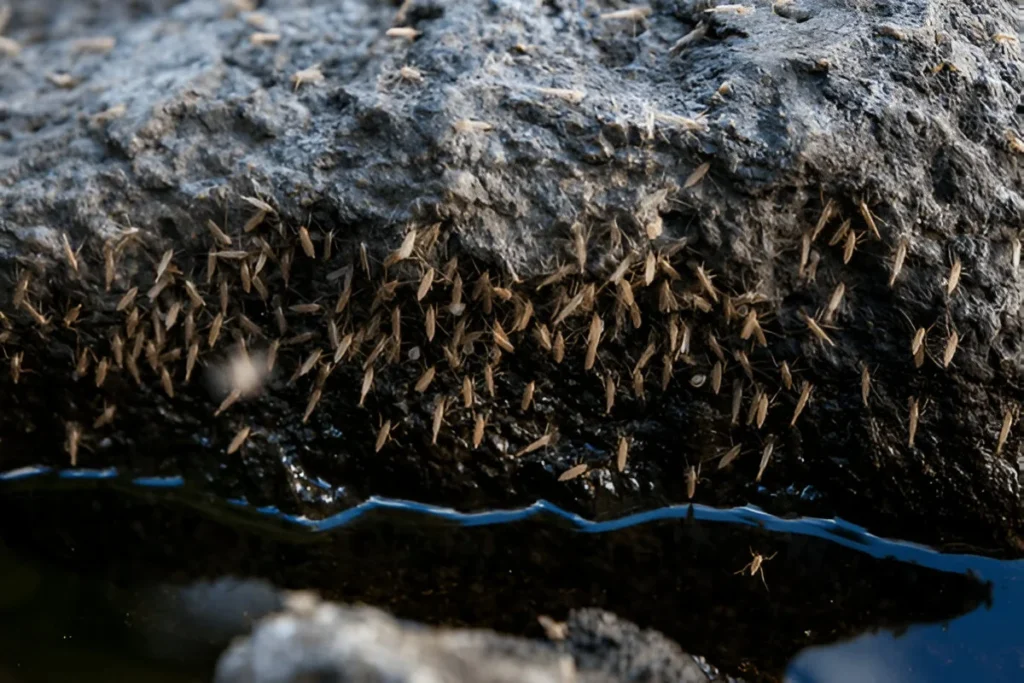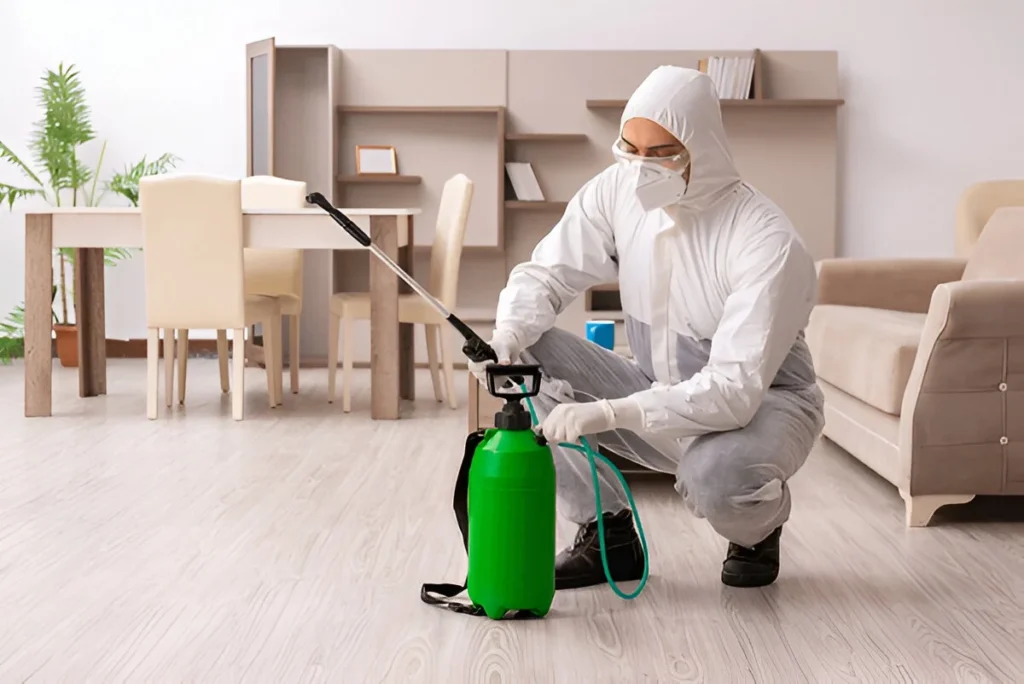-
Govind Bhawan,Kolkata - 700001
Govind Bhawan,Kolkata - 700001

Effectively reduce mosquito breeding with expert techniques trusted by a reputable pest control company. Learn safe, science-based prevention tips today.

Mosquitoes are more than just a seasonal annoyance—they are potential carriers of dangerous diseases like dengue, chikungunya, and malaria. And while insecticides offer a quick fix, the key to long-term mosquito control is understanding how to reduce mosquito breeding effectively.
Controlling mosquito populations starts with disrupting their breeding cycle. But what really works? Let’s decode expert-approved, environmentally responsible techniques that protect your surroundings without harming your health.
Before we dive into solutions, understanding mosquito biology helps. Female mosquitoes lay eggs in stagnant water—sometimes as little as a bottle cap’s worth. Eggs hatch into larvae in just a few days. This rapid cycle is what makes controlling breeding essential.

Let’s look at strategies backed by environmental health experts and practiced by pest control professionals:
Pro Tip: Weekly inspections of your premises can break the breeding cycle completely.
Urban environments can become breeding grounds due to crowded waste systems, rooftop water storage, and construction debris. Here’s how city dwellers can stay proactive:
Remember, reducing mosquito breeding isn’t a one-time task—it’s a regular commitment.
Professionals spend years understanding insect life cycles and behaviors. Their guidance combines observation with scientific analysis.
Experts know the difference between temporary mosquito reduction and permanent breeding prevention. They use data-driven techniques like GIS mapping and larval density surveys.
Licensed pest control professionals follow strict safety and environmental norms. Their methods are safe and certified.
Communities trust experts who consistently reduce infestation while ensuring human and environmental health. Trust grows when techniques are explained, accessible, and transparent.

A: Weekly checks are ideal. Larvae can hatch in as little as 48–72 hours, so staying vigilant helps prevent infestations.
A: While some oils may create surface tension that drowns larvae, they are not safe for the environment and often not as effective as approved larvicides.
A: Essential oils like eucalyptus or citronella can repel mosquitoes, but they don’t prevent breeding. Pair them with water control strategies for better results.
A: Adult sprays kill visible mosquitoes but don’t eliminate larvae in water. That’s why it’s essential to reduce mosquito breeding effectively at the source.
A: Yes, but they are supplementary. Traps may reduce adult populations temporarily but don’t tackle breeding unless combined with other strategies.
Understanding how to reduce mosquito breeding effectively empowers you to make safer, smarter decisions for your health and environment. From personal hygiene to neighborhood efforts, mosquito control is a shared responsibility.
By integrating natural solutions with scientific techniques and getting occasional expert evaluations, you ensure long-term safety. Whether you’re a homeowner or a facility manager, don’t wait for mosquitoes to take over—act early and act smart.
When expert insight is needed, rely on certified professionals who bring experience, environmental responsibility, and proven results. True pest control goes beyond eliminating bugs—it’s about creating a safer, healthier, and more balanced environment for everyone.